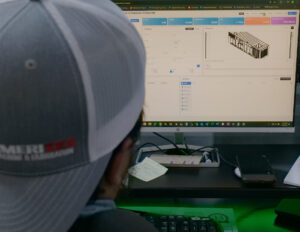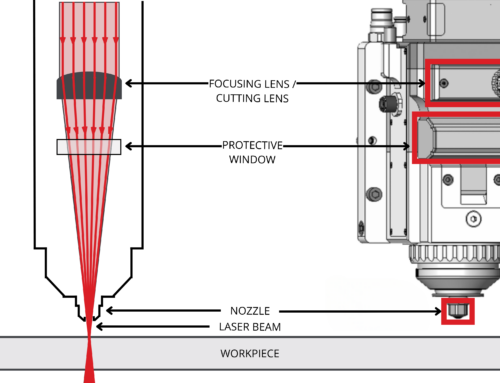In today’s fast-paced manufacturing landscape, efficiency and precision are critical to success. Businesses across various industries are leveraging Enterprise Resource Planning (ERP) systems to enhance productivity, improve workflow, and streamline operations. But what exactly does ERP implementation entail, what are the benefits of implementing an ERP system, and how can companies successfully integrate these systems into their operations?
Understanding ERP Systems
ERP systems integrate various business processes—such as finance, procurement, production, supply chain management, and customer service—into a single unified platform. This consolidation allows for better data visibility, improved decision-making, and enhanced operational efficiency.
The Benefit of Implementing an ERP System
- Enhanced Efficiency & Productivity
The biggest benefit of implementing a good ERP system is automating routine tasks and reducing manual data entry, ERP systems elimina te redundancies and free up valuable time for employees to focus on higher-priority tasks.
te redundancies and free up valuable time for employees to focus on higher-priority tasks. - Improved Data Accuracy & Real-Time Reporting
With all business functions interconnected, an ERP system ensures accurate data across departments. Real-time reporting capabilities empower managers to make informed decisions faster. - Stronger Collaboration Between Departments
An ERP system acts as a single source of truth, improving communication between departments and enabling a seamless flow of information throughout the organization. - Scalability & Adaptability
As companies grow, their needs evolve. A well-implemented ERP system is scalable, ensuring that new processes, employees, and locations can be integrated with minimal disruption. - Cost Savings
While the initial investment in ERP software may seem significant, the long-term cost savings—through improved efficiency, reduced errors, and better resource allocation—far outweigh the expense.
Challenges in ERP Implementation & How to Overcome Them
Despite the many advantages, ERP implementation comes with challenges. Here are some common obstacles and solutions:
- Resistance to Change: Employees may be hesitant to adopt new technology. Proper training and clear communication about the benefits of ERP can help ease the transition.
- Data Migration Issues: Transferring data from legacy systems can be complex. Conducting thorough data audits and using migration tools can ensure a smooth transition.
- Customization Complexities: Tailoring an ERP system to meet specific business needs can be challenging. Selecting a flexible and industry-specific ERP solution can simplify this process.
Why Metal Fabrication Companies Need ERP
For fabrication businesses like Ameritex Machine & Fabrication, an ERP is more than just software—it’s a strategic investment in efficiency, accuracy, and long-term scalability. The benefits of Implementing an ERP System is getting a competitive edge by improving job tracking, material planning, and customer order fulfillment.
Final Thoughts
Implementing an ERP system is a transformative step toward operational excellence. By selecting the right system, preparing employees for the change, and following best practices for implementation. Ameritex unlocked unparalleled efficiency, better decision-making, and long-term growth.
Looking for a metal fabricator that implements an ERP system for smoother fabrication? Get a quote today to explore Ameritex can elevate your operations.

